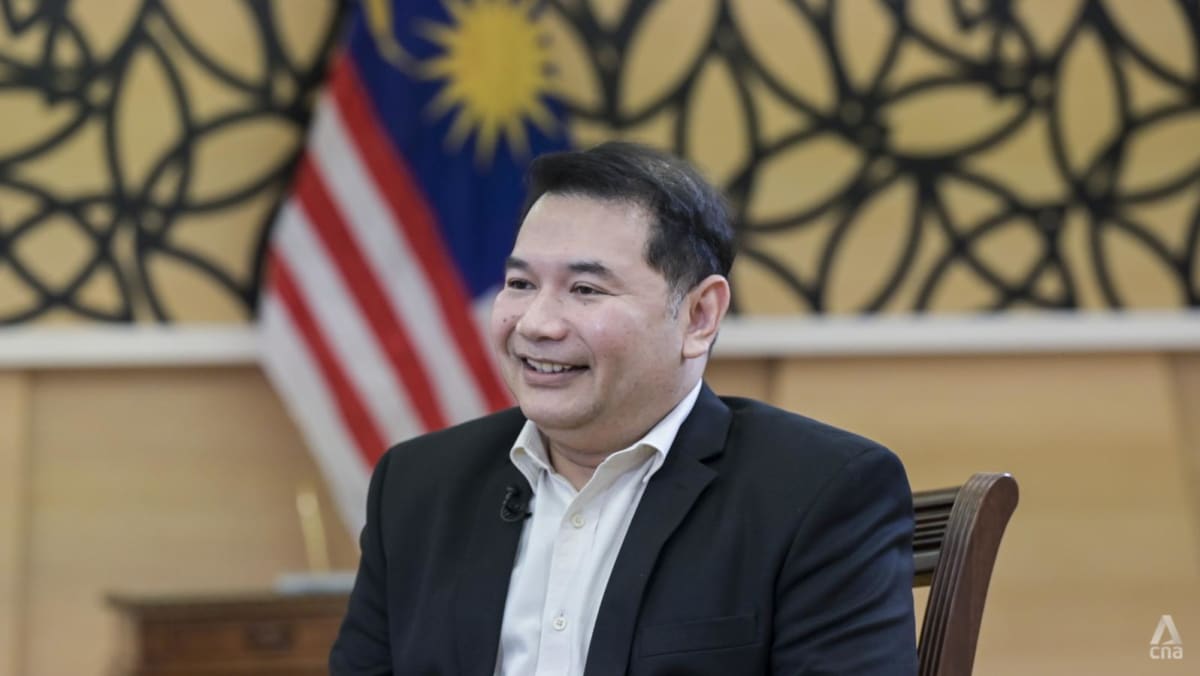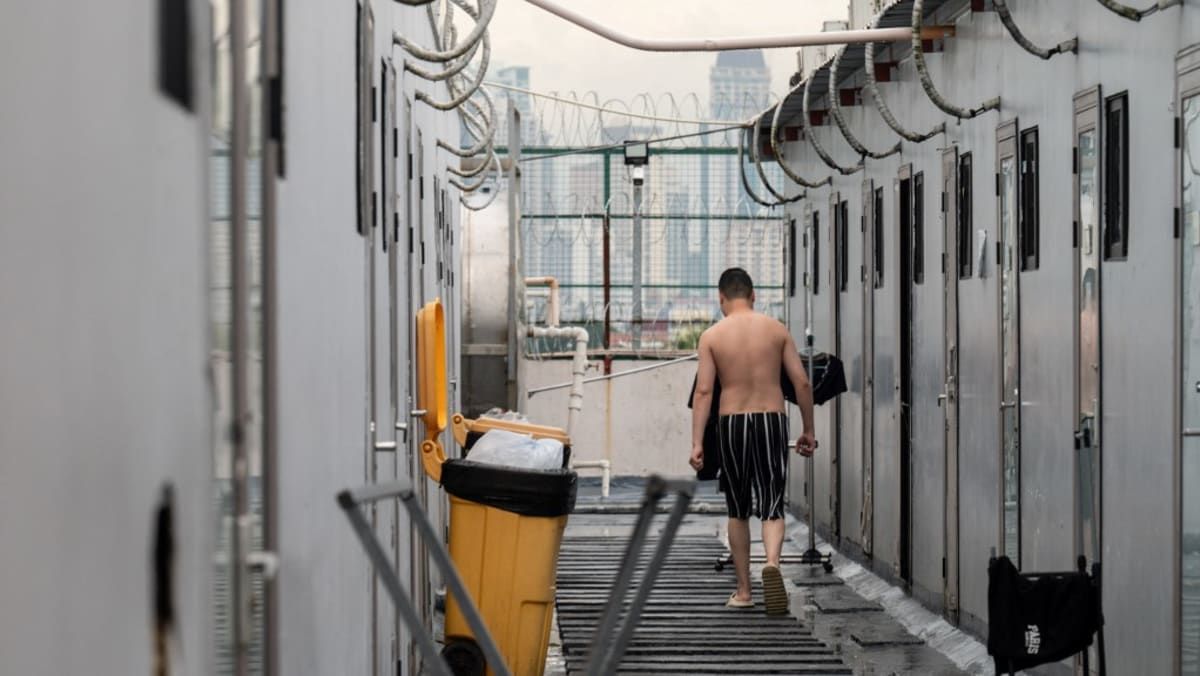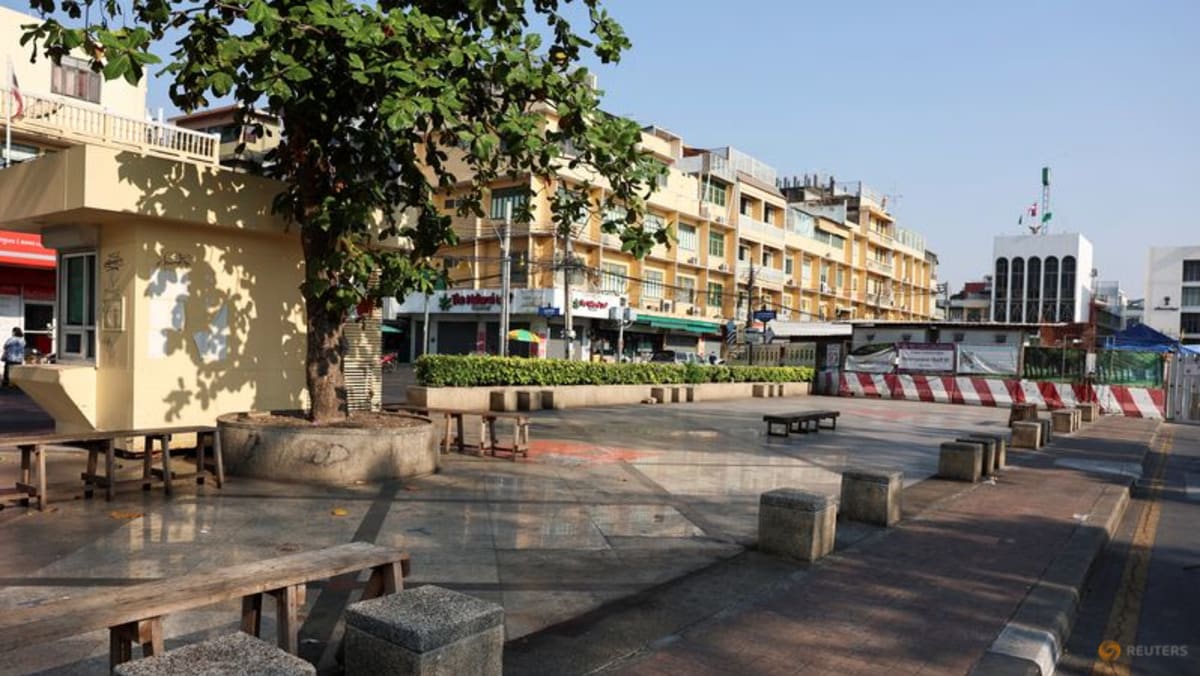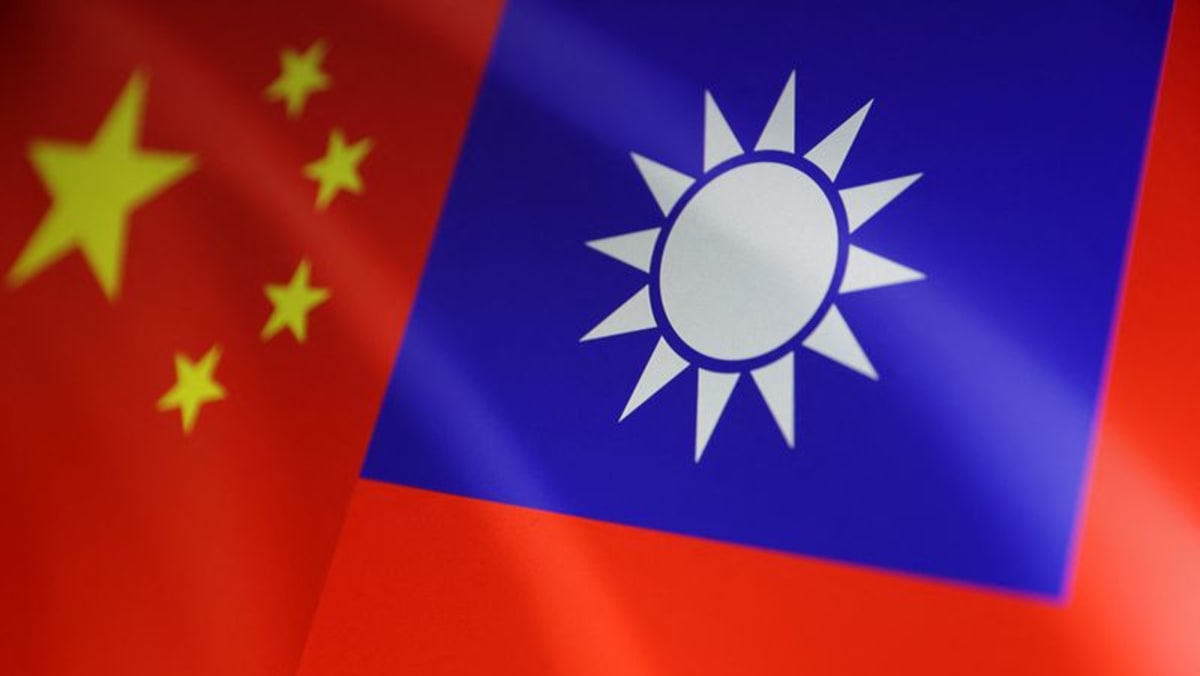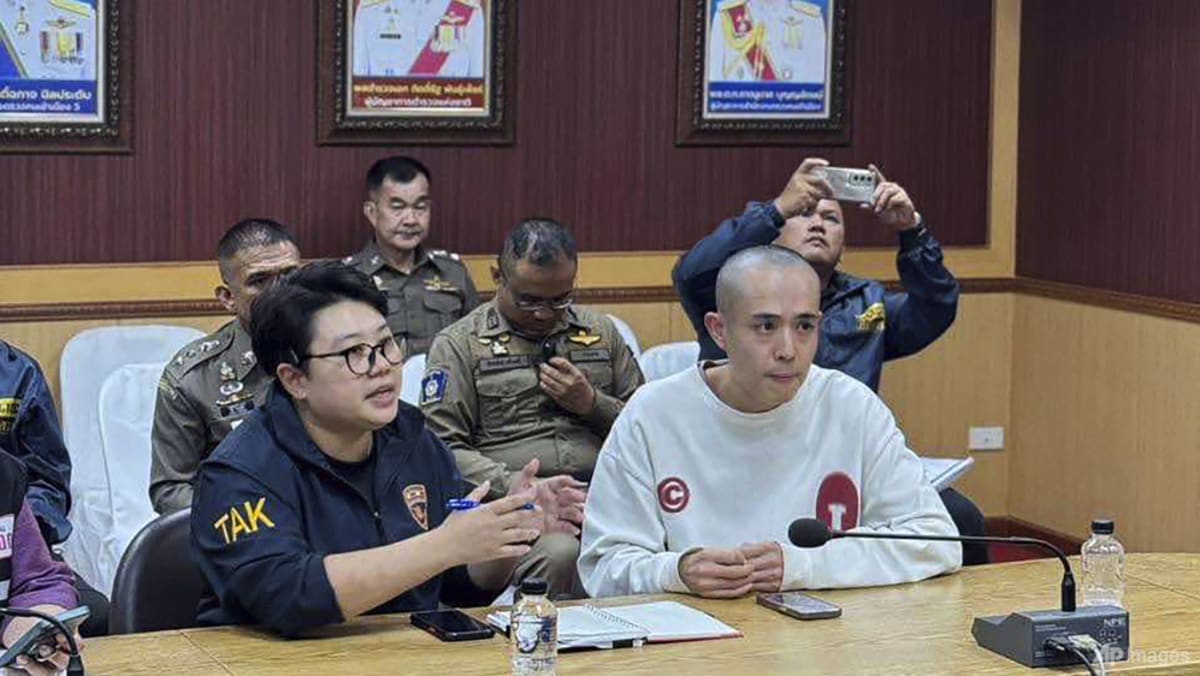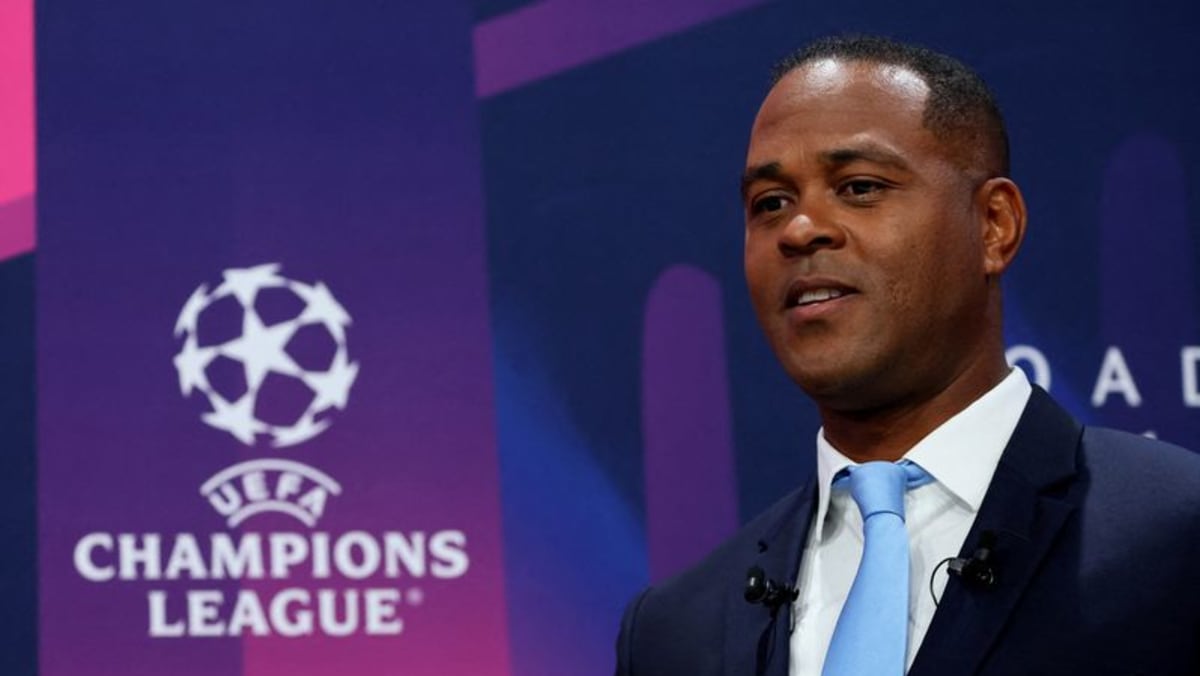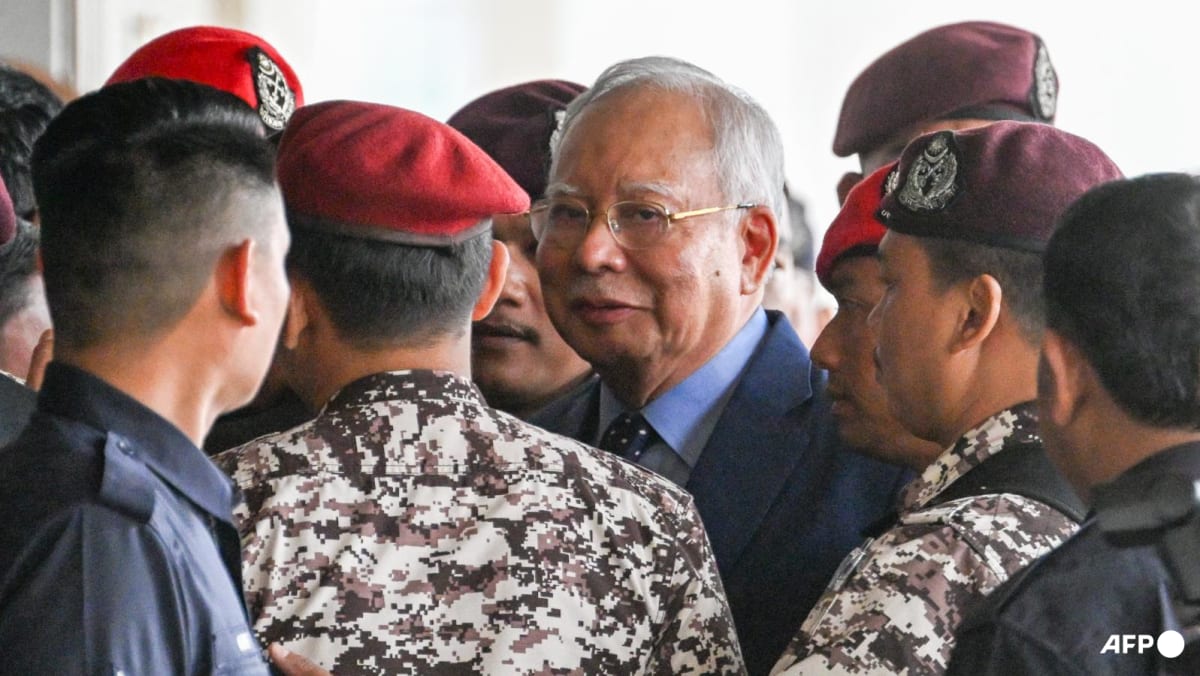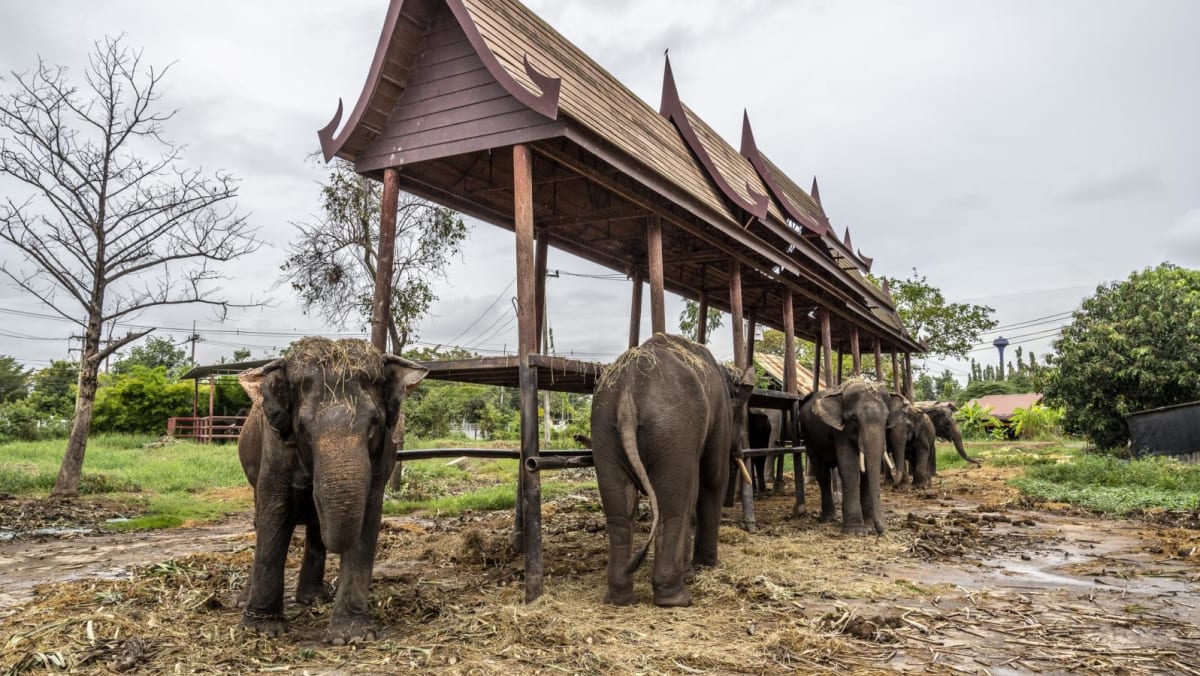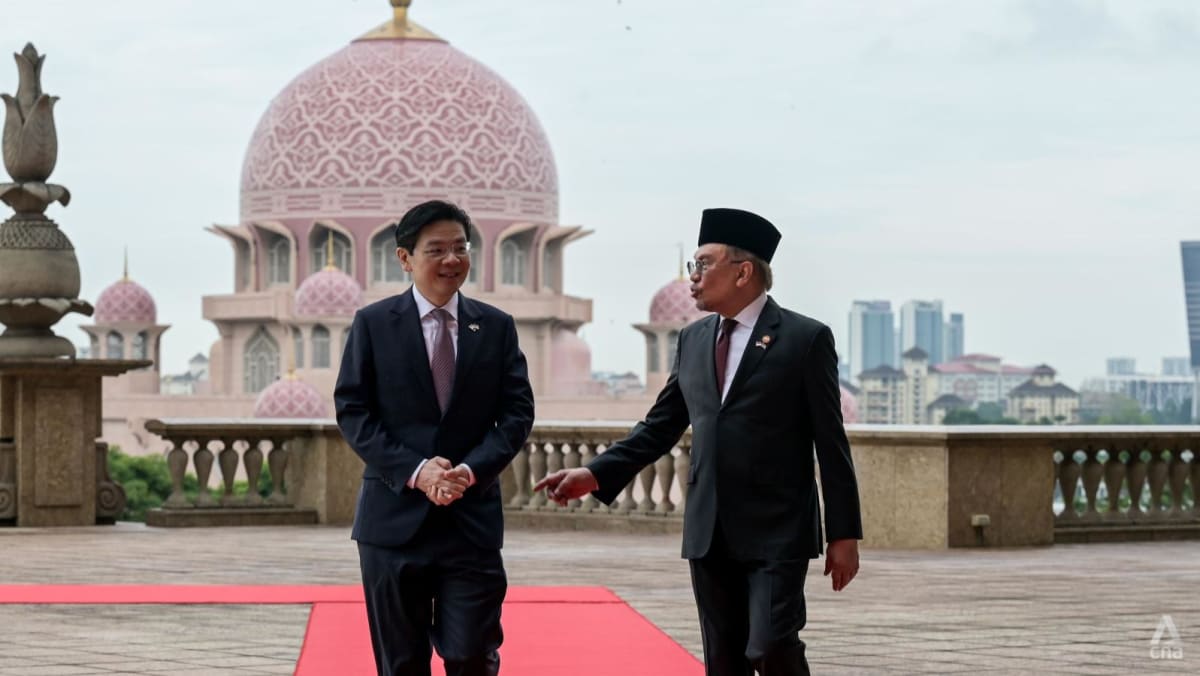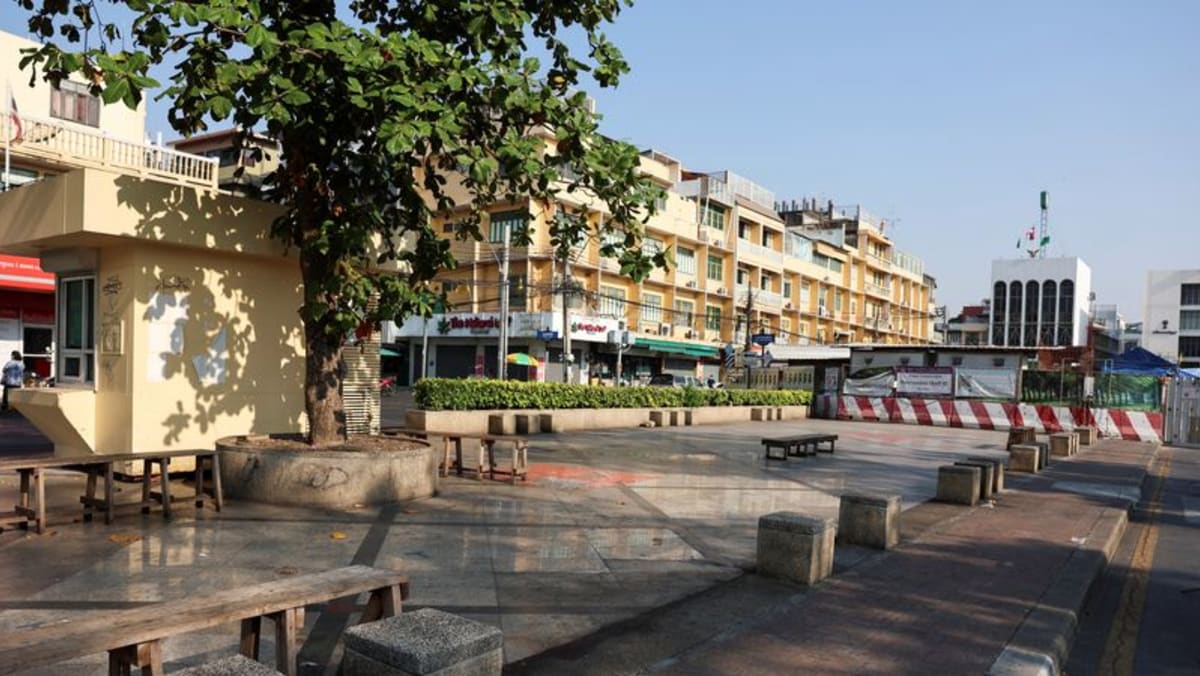South Korean ruling party to oppose Yoon impeachment after martial law debacle
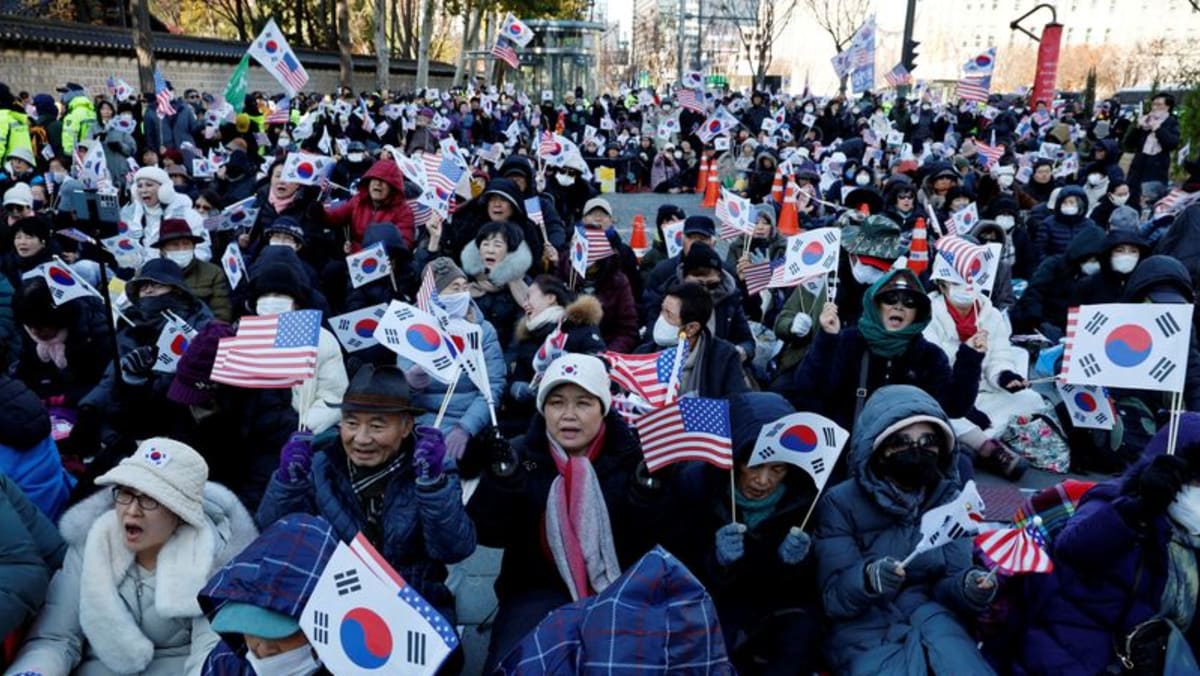
NO SPECIFIC THREATS
Yoon told the nation in a television speech late on Tuesday that martial law was needed to defend the country from pro-North Korean anti-state forces, and protect the free constitutional order, although he cited no specific threats.
Within hours, South Korea’s parliament, with 190 of its 300 members present, unanimously passed a motion for martial law to be lifted, with 18 members of Yoon’s party present.
The president then rescinded the declaration of martial law, around six hours after its proclamation.
“There are opinions that it was too much to go to emergency martial law, and that we did not follow the procedures for emergency martial law, but it was done strictly within the constitutional framework,” a South Korean presidential official told Reuters by telephone.
There has been no reaction yet from North Korea to the drama in the South.
Yoon had been embraced by leaders in the West as a partner in the US-led effort to unify democracies against growing authoritarianism in China, Russia and elsewhere.
But he caused unease among South Koreans by branding his critics as “communist totalitarian and anti-state forces”. In November, he denied wrongdoing in response to influence-peddling allegations against him and his wife and he has taken a hard line against labour unions.
The martial law crisis rattled global financial markets and left South Korea’s benchmark KOSPI index down 1.4 per cent. Currency dealers reported suspected state intervention to keep the won stable after overnight talks between Finance Minister Choi Sang-mok and Bank of Korea Governor Rhee Chang-yong.
Choi sent an emergency note to global financial chiefs and credit rating agencies late on Wednesday to say the finance ministry was working to alleviate any adverse impact from political turmoil.
Yoon, a career prosecutor, squeezed out a victory in the tightest presidential election in South Korean history in 2022, riding a wave of discontent over economic policy, scandals and gender wars.
But his support ratings have been at around 20% for months and the opposition captured nearly two-thirds of seats in parliament in an April election.
Source: CNA





